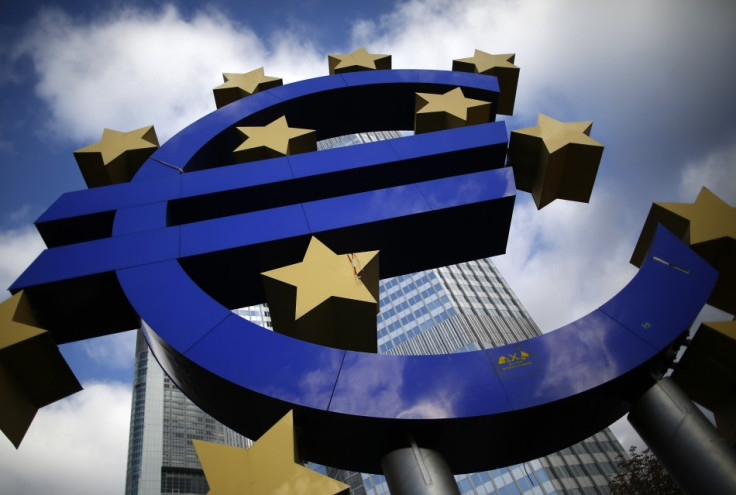Cass Business School: Bail-Ins Are Not a Magic Cure all For Bank Failure

The European Union is setting its sights on so-called bank bail-ins to protect the taxpayer but, according to experts, it may lead to a raft of unintended consequences.
According to Professor Andre Spicer at Cass Business School, bail-ins have to be used sparingly in times of crisis and EU plans to apply blanket rules across all firms could even lead to damaging consequences for governments and markets.
"Bail-ins might not be the magic cure all for bank failure. Bail-ins should come with a health warning. This regulatory medicine has hidden side effects - they could undermine already weak banks, trigger bail outs in other banks, make bond holders more nervous and interfering, and eventually create a banking monoculture," said Spicer.
Since the eurozone sovereign debt crisis unfurled, a number of beleaguered countries including Greece, Ireland, and Portugal were bailed out by their wealthier neighbours and many of their banks had to be rescued through mass taxpayer cash injections.
Since the onset of the credit crunch in 2008 and the sovereign debt crisis in 2010, the European Commission has revised the state aid rules three times.
Given the collapse of Lehman Brothers bank five years ago, EU leaders are keen to level the playing field among banks located in different member states, which in turn would reduce fragmentation in the banking sector.
In June this year,the EU revealed that it is planning to protect taxpayers from the cost of future bank bailouts, after sealing a deal to force investors and wealthy savers to share the burden.
Finance ministers from the bloc's member states forged the deal and agreed that all shareholders, bondholders and depositors with more than €100,000 (£84,981, $132,000) should share the burden of saving a bank.
Originally, the new rules were pegged to come into effect by 2018. New rules also stipulated that eurozone countries were also obliged to distribute losses up to the equivalent of 8% of a bank's liabilities.
However, on 12 December, European policymakers revealed that they are set to speed up the implementation of bank bailout rules to protect taxpayers from footing the bill for bank failures.
According to Michel Barnier, the European Commissioner for Internal Markets and Services, European policymakers have agreed to bring landmark legislation to protect taxpayers forward.
The proposed law is yet to be approved by European ministers but if it is, senior bondholders will be forced to take on losses as a cost of resolving any future bank crises.
The agreement means that the law should come into force by the start of January 2016 two years earlier than expected.
According to Spicer, bail-ins do have the good point of saving public money but there are other problems associated with them.
These include increasing the cost and difficulty of raising capital and the contagion effect of bail-ins spreading across a banking sector in turmoil.
"If one bank is bailed out, it is likely to have a contagious effect on other banks with bail-ins spreading between banks. This is because banks are a large holder of other banks' bonds. Such contagion would further undermine investor trust in banks. Bank bonds would be seen as a risky investment. Because of their concerns, it is likely bondholders will more closely monitor their investments and put the same kind of pressure on banks that shareholders do," said Spicer.
"Such pressure will probably involve bondholders requiring banks to adopt increasingly similar governance structures. This could create a banking monoculture where banks increasingly resemble large commercial institutions. This would be a big threat to government and mutually owned banks."
© Copyright IBTimes 2025. All rights reserved.






















